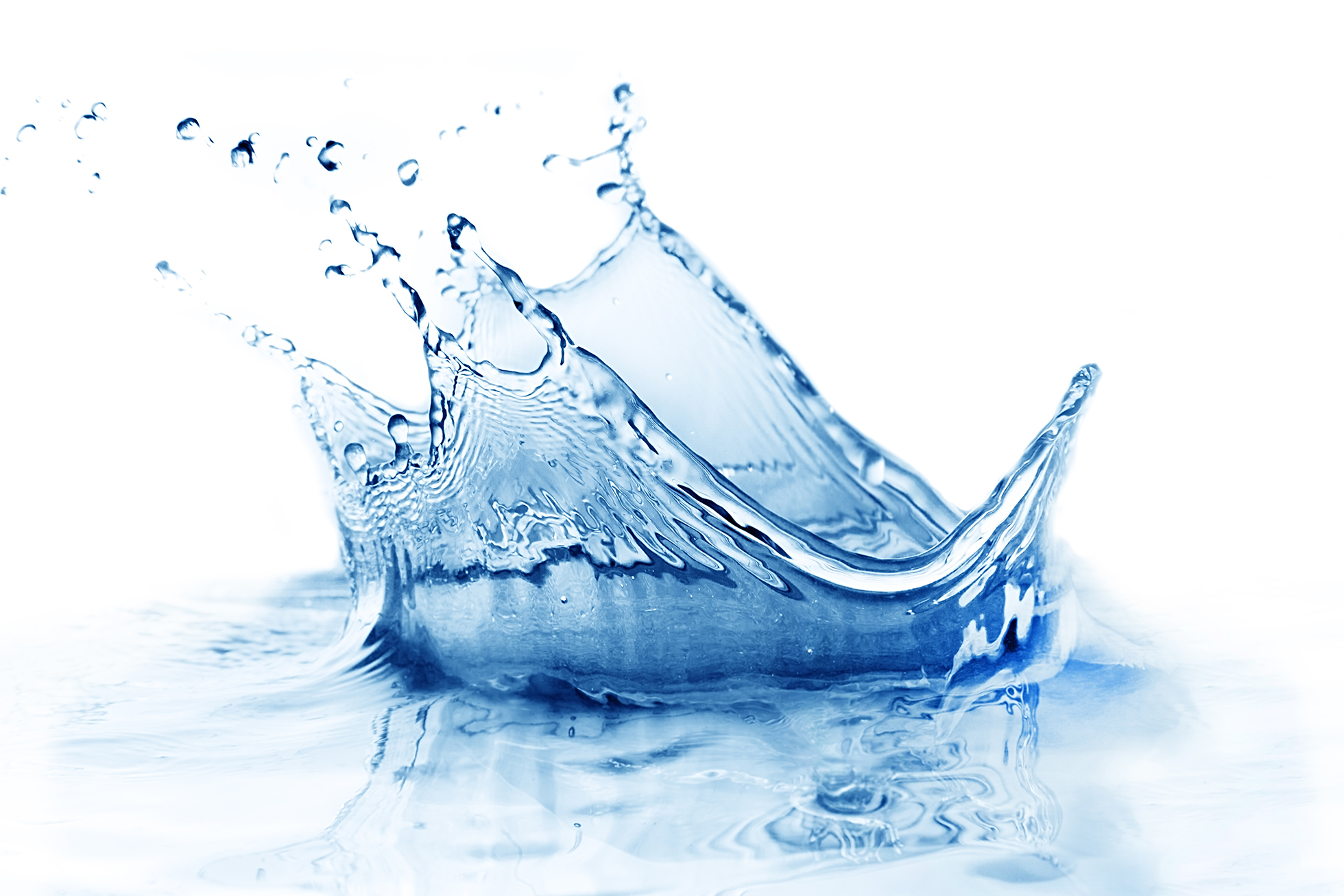For those of us who don’t live on the coast or near the ocean it can be easy to think our actions don’t matter. The truth could not be farther from this. Every single person’s actions affect the ocean no matter where you are located.
How All Humans Impact Plastic Pollution in the Ocean
According to Helmholtze Centre for Ocean Research Keil, “Human activities affect marine ecosystems as a result of pollution, overfishing, the introduction of invasive species, and acidification, which all impact on the marine food web and may lead to largely unknown consequences for the biodiversity and survival of marine life forms.”
To keep this a bit shorter, let’s stick to plastic pollution. There is so much to be said about humans impact on the ocean, plastic pollution is just one type of pollution that we will focus on in this article.
Why You Should Care About Ocean Plastic Pollution

It is no secret that the ocean is filled with plastic and other waste. However, many are unaware of just how bad ocean plastic pollution is. According to Ocean Conservancy, more than 8 million tons of plastic is dumped into the ocean every year. This plastic is creating large garbage patches (which is speculated to be twice the size of Texas) and negatively impacting the ecosystem.
Plastic pollution is significantly impacting marine life. According to International Union for Conservation of Nature, “The most visible and disturbing impacts of marine plastics are the ingestion, suffocation and entanglement of hundreds of marine species. Marine wildlife such as seabirds, whales, fishes and turtles, mistake plastic waste for prey, and most die of starvation as their stomachs are filled with plastic debris. They also suffer from lacerations, infections, reduced ability to swim, and internal injuries. Floating plastics also contribute to the spread of invasive marine organisms and bacteria, which disrupt ecosystems.”

Shocking Ocean Plastic Pollution Facts
- Plastic is the most common found element in the ocean
- The biggest source of pollution in the ocean is directly from land based sources, such as oil, dirt, septic tanks, farms, ranches, motor vehicles, among larger source
- Over one million seabirds are killed by ocean pollution each year
- Three hundred thousand dolphins and porpoises die each year as a result of becoming entangled in discarded fishing nets, among other items
- One hundred thousand sea mammals are killed in the ocean by pollution each year
- Plastic debris can absorb toxic chemicals from ocean pollution, therefore poisoning whatever eats it
- Plastics consistently make up 60 to 90% of all marine debris studied
Be Part of the Change – Help Decrease Ocean Plastic Pollution
You may be thinking, “But I don’t live by the ocean so my actions don’t matter.” Please, I am begging you, change this way of thinking. Your actions do matter, wherever you live. Your single use plastic consumption is directly impacting how much of it is ending up in the ocean. Meaning, the more single use plastic products you use the more they are in demand and thus the more they are being made. It is basic supply and demand – you demand disposable items and large manufacturers will supply it.
Ocean pollution is impossible to entirely stop, but we can decrease the amount that is ending up in the ocean. Making small changes to use less disposable plastic items can lead to a systemic change of companies being forced to change their packaging and products to be more environmentally friendly.

Simply think twice when shopping – aim to avoid single use plastic items. Bonus, switching to reusable options will also save you money – score!
Not only can you be part of the positive change by directly changing your plastic behaviors, but here are several other ways you can get involved to help clean up our oceans:
Leave it Better Than You Found it
Such a simple concept and so applicable in everyday life. However, in regards to the ocean aim to take part in beach clean up efforts whether this is an organized event or just a daily routine. If you are like me and live in Minnesota, do your part by simply always picking up litter as you see it, even while you are vacationing on a sandy beach – grab that garbage!
Vote
Know who is running for office and what they stand for. Do your part and make your voice heard for environmental protection by voting! This includes knowing what bills are being proposed and voting accordingly.
No More Disposable Plastic
Yes, we mentioned it above, but I am going to say it again – stop buying and using disposable plastic products! This is hands down the best way to bring positive change!
Spread the Word
You don’t know what you don’t know. Educate others and spread the word to bring more awareness to this incredibly important issue.
Resources
Helmholtze Centre for Ocean Research Keil
International Union for Conservation of Nature
Other Articles You Might Like…
10 Simple Tips to Reduce Waste and Save Money


